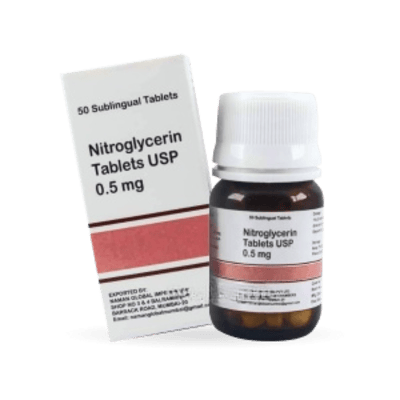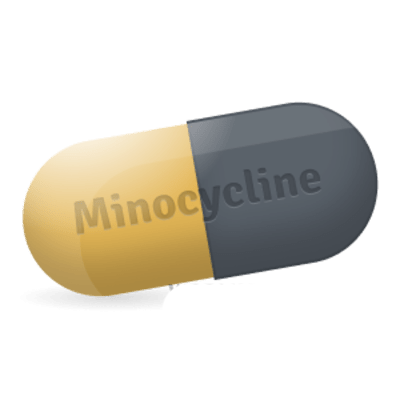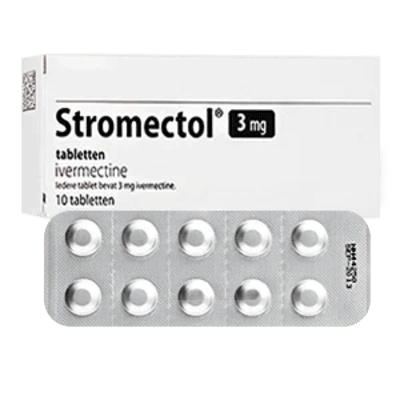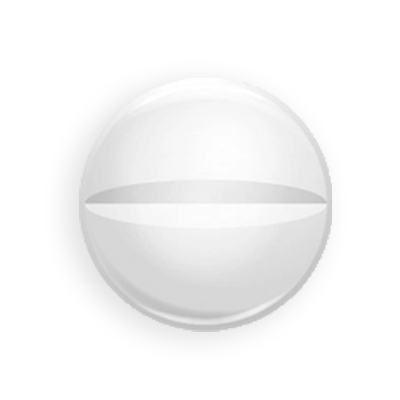I started taking nitroglycerin after a doctors prescription, and I noticed positive changes. Now I have much less frequent angina attacks, and I feel more confident, especially during physical activity. Certainly, the drug turned out to be a real find for me.

Nitroglycerin
- Quality products
- Support 24/7
- Fast delivery
What is it?
Nitroglycerin, or as it is often called, nitroglycerin, is a medication used to prevent chronic chest pain caused by heart disease. This drug belongs to the nitrate class and has the ability to relax blood vessels, thus facilitating blood flow. It is due to this property that the load on the heart is reduced, which reduces its need for oxygen and helps prevent heart attacks. This property makes nitroglycerin a popular choice for many patients with heart problems.
Composition
The main active component of this drug is nitroglycerin, which was developed to provide the effect of relaxing blood vessels and facilitating blood circulation. By adding additional elements to the composition, the developers were able to improve the effectiveness of the main substance. The following components are used in the drug formulation:
- Nitroglycerin molecules that provide the main therapeutic effect;
- Binding components that promote better absorption of the substance by the body;
- Stabilizers that preserve the properties of the drug for a long time;
- Coactivators that enhance the effect of nitrate and accelerate the onset of the therapeutic effect.
These ingredients are carefully selected and combined to achieve optimal results in treatment and prevention.
How to use?
The use of nitroglycerin requires strict adherence to the doctors recommendations. It is the doctor who determines the dosage and frequency of administration, based on the individual indications of the patient and his general condition. The general regimen may look like this:
- Before taking, it is necessary to make sure that there are no contraindications and allergies to the components of the drug.
- The drug should be taken at the exact time prescribed by the doctor, avoiding omissions and unauthorized changes in the regimen.
- Usually, the drug is taken until the symptoms disappear completely or as needed to prevent attacks.
These points provide a general overview of how the drug can be used, but the final decision always remains with the medical professional.
How does it work?
The drug exerts its effect due to its ability to dilate blood vessels, thereby increasing blood flow and reducing the load on the heart. The effect of taking nitroglycerin is manifested in the relaxation of the smooth muscles of the vessels, which contributes to their expansion and an increase in the flow of oxygen to the heart muscle.
A decrease in pressure in the vessels reduces the hearts need for oxygen and helps alleviate the patients condition. This action helps prevent attacks of angina and improve overall well-being. Due to its rapid onset of action and high efficiency, nitroglycerin is widely used as a first-line agent in the treatment and prevention of cardiovascular diseases.
Indications
Nitroglycerin is used in a number of conditions related to the cardiovascular system. The main indications for its use include:
- Prevention and treatment of angina attacks caused by coronary insufficiency;
- Reducing myocardial oxygen demand during exacerbation of coronary heart disease;
- Improving coronary blood flow in chronic heart disease;
- Reducing blood pressure in hypertensive crises.
These conditions require careful medical supervision and the use of specialized drugs such as nitroglycerin.
Contraindications
Contraindications to the use of nitroglycerin are conditions in which taking the drug may cause complications. The main contraindications include:
- Anallergy to the components of the drug;
- Severe arterial hypotension, especially with a high risk of hyperemia;
- Severe forms of anemia;
- Cerebral circulatory disorders or head injuries;
- Significant decrease in circulating blood volume or dehydration.
Patients with these conditions should refrain from taking nitroglycerin or discuss alternatives with a physician.
Side effects
Like any medication, nitroglycerin can cause side effects. Patients often report reactions such as:
- Mild dizziness or a feeling of lightheadedness;
- The appearance of pain in the head;
- Temporary redness of the skin on the face and neck;
- Mild discomfort at the site of application of the patches;
- Nausea or occasional vomiting.
It is important to remember that in case of serious reactions such as shortness of breath, severe dizziness, irregular heartbeat or allergic reactions, you must immediately seek medical attention.
Frequently asked questions
Nitroglycerin Reviews and Experiences
I have been taking this drug for several months now, as recommended by a cardiologist. At first I felt a little dizzy and my face flushed, but the side effects soon went away. Now I am much less afraid of sharp chest pains, because I know that nitroglycerin will help.
With nitroglycerin I managed to stabilize my condition after a heart attack. I take it regularly and feel a significant improvement in terms of heart pain. True, sometimes I notice a slight headache, but this is a small price to pay for the overall improvement in well-being.









